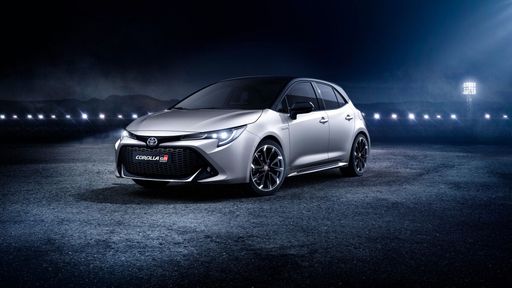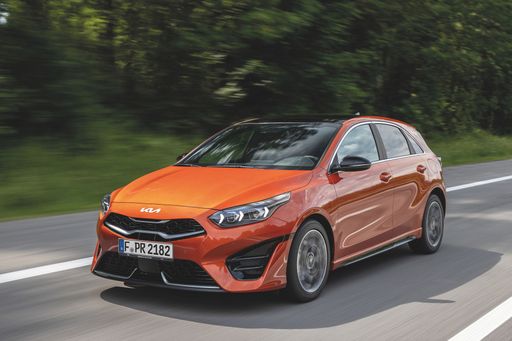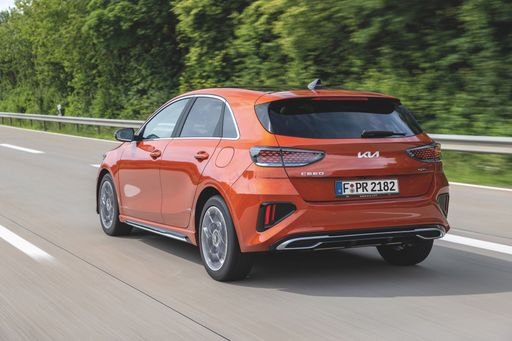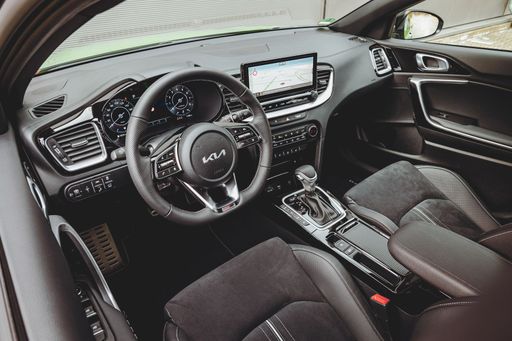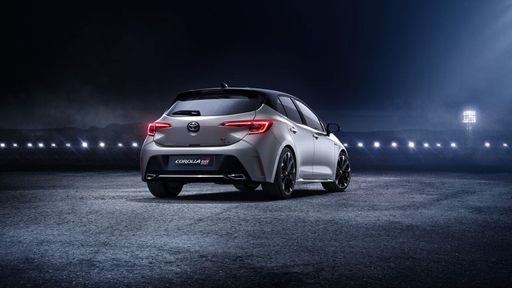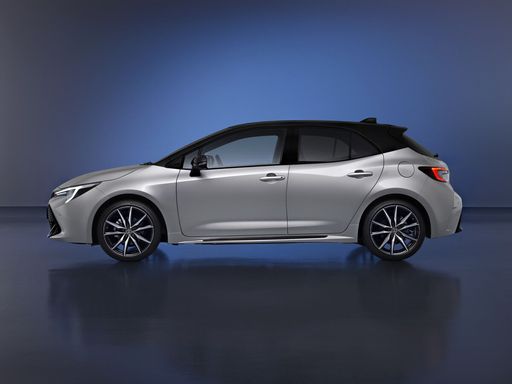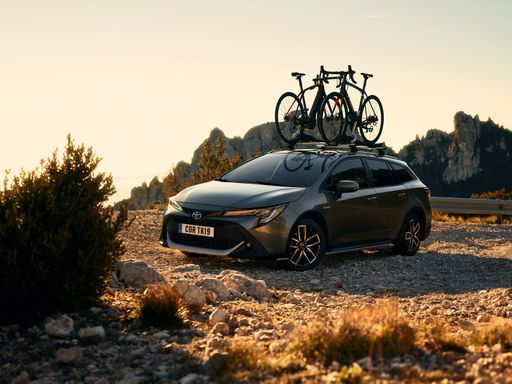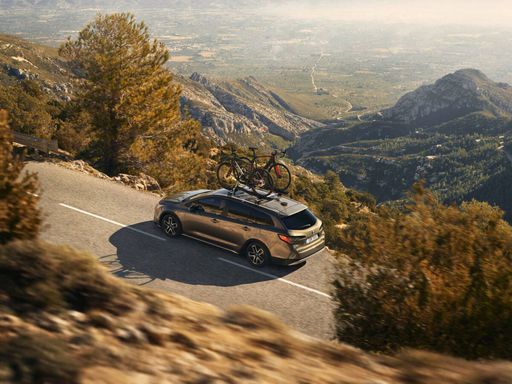Powertrain and Performance
The Kia Ceed offers a choice of petrol engines, with mild hybrid options joining the fray. It comes with two engine sizes: a 1.0-liter 3-cylinder with 100 HP and a 1.5-liter 4-cylinder producing 140 HP. Both engines are coupled with either a manual or a dual-clutch automatic transmission, providing flexibility based on driving preferences. With a top speed of 197 km/h and an acceleration from 0-100 km/h in 9.5 seconds (for the higher engine variant), the Ceed offers a thrilling driving experience.
The Toyota Corolla, on the other hand, focuses on efficiency with its full hybrid system. The 1.8-liter engine generates 140 HP, while the 2.0-liter option produces a robust 196 HP. The Corolla features a Continuously Variable Transmission (CVT), which complements its hybrid system for a smooth driving experience. When pushing for performance, the Corolla can sprint from 0-100 km/h in as fast as 7.5 seconds, showcasing its hybrid power capabilities.

